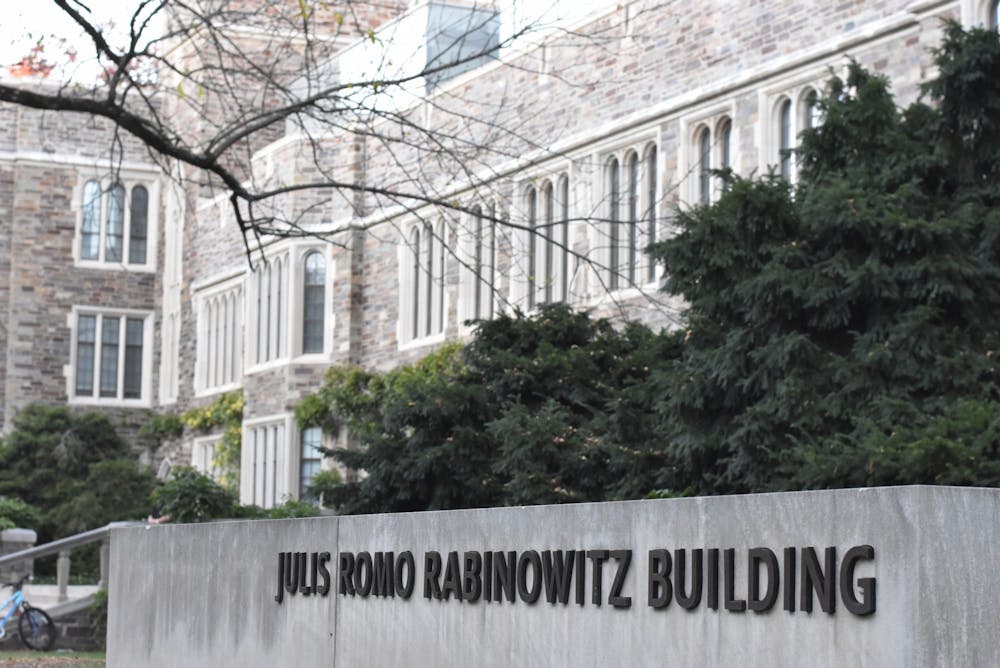In a 2021 study by the Financial Times, 16 to 24 year-olds were the least likely to be financially adept of all age groups surveyed. Yet, in a survey conducted by D. A. Davidson & co., “more than 70% of Gen Z respondents said that having greater financial literacy would have helped them better manage their finances,” especially during the COVID-19 pandemic. Why does our generation miss out on developing a skill set that could make or break our financial stability?
This trend largely stems from a lack of accessible education on everyday finance. As a result, college students must seek out financial education on their own for their long-term success. When traditional schooling prioritizes core academic subjects such as math, science, languages, and social sciences, it often leaves practical education such as personal finance to the wayside. Often, the only instruction young people receive on money, budgeting, insurance, and taxes — all crucial to ‘adulting’ — is from their families. While most of us gain our life skills from our parents, familial instruction in finances can vary greatly based on our parents’ experiences, occupations, and backgrounds. In comparison, implementing formal financial education consistently had a strong, positive effect on individuals' financial skills in a recent study.
High schools have been pushing mandatory personal finance classes in their policy or under state directives, with up to 25 states passing such legislation. However, these one-semester classes are both rarely accessible to low-income students and too short-term to deal with the changing challenges of managing your finances in the long run. Consequently, not being financially adept both prolongs the socioeconomic divide in our country and prevents thousands of young people from achieving financial success over their lifetimes. During an interview with the University’s Financial Literacy Initiative team, I learned how this experience of helplessness can feel amplified at Princeton.
Program Development Strategist and first-generation, low-income student Sabrina Fay ’22 said, “For those who’ve never had money to manage before, figuring out how to budget [the] FSI summer stipend and financial aid releases are real problems.” However, financial education is not so far out of reach and is actually within grasp at Princeton.
In 2019, the University founded the Financial Literacy Initiative, which is dedicated to “empowering students with the resources needed to cultivate financial wellness during their time at Princeton and beyond.” Outside of their comprehensive resources guide for key personal finance topics, their programming is “geared to helping those who have no experience with money” and “tuned in to student needs,” according to Suzanne Bellan, Program Lead for the Financial Literacy Initiative. They also recently ran a Professional and Financial Journeys Panel and a General Investing Workshop with the U.S. Securities and Exchange Commission (SEC) in October.
So why should you personally devote time to becoming financially adept now? Princeton students are already committed to rigorous coursework, demanding extracurriculars, and intensive athletic schedules. But while there’s some merit to streamlining your focus in college, it doesn’t account for learning life skills holistically. Having attended the “Professional Journeys Panel,” the advice of Dr. Alana Arnold ’08, a pediatric emergency medicine doctor, struck me as particularly insightful.
Despite her well-paying job in the medical field, she spent time becoming well-versed in financial skills. She was convinced that acquiring those skills earlier on, especially when struggling with loans and not earning a salary in medical school, would have greatly improved her finances. Her experience attests to the universal value of being financially adept regardless of background or interests.
Every undergraduate has to meet arduous distribution requirements, attend a writing seminar class, complete independent research their junior year, and craft an original thesis project by the end of their time in the Orange Bubble. All of these rigorous requirements are built-in to the Princeton experience to best prepare students for future academic and professional pursuits, but there is no such counterpart for the lifelong demands of personal finance.

Today, it’s vital to learn more about budgeting, credit, savings, investing, and other financial need-to-know. The onus falls on students to carve out time to prioritize their financial education on campus.
Laya Reddy is a first-year intending to concentrate in economics. She’s an avocado-lover who enjoys a good murder mystery and beach days.









